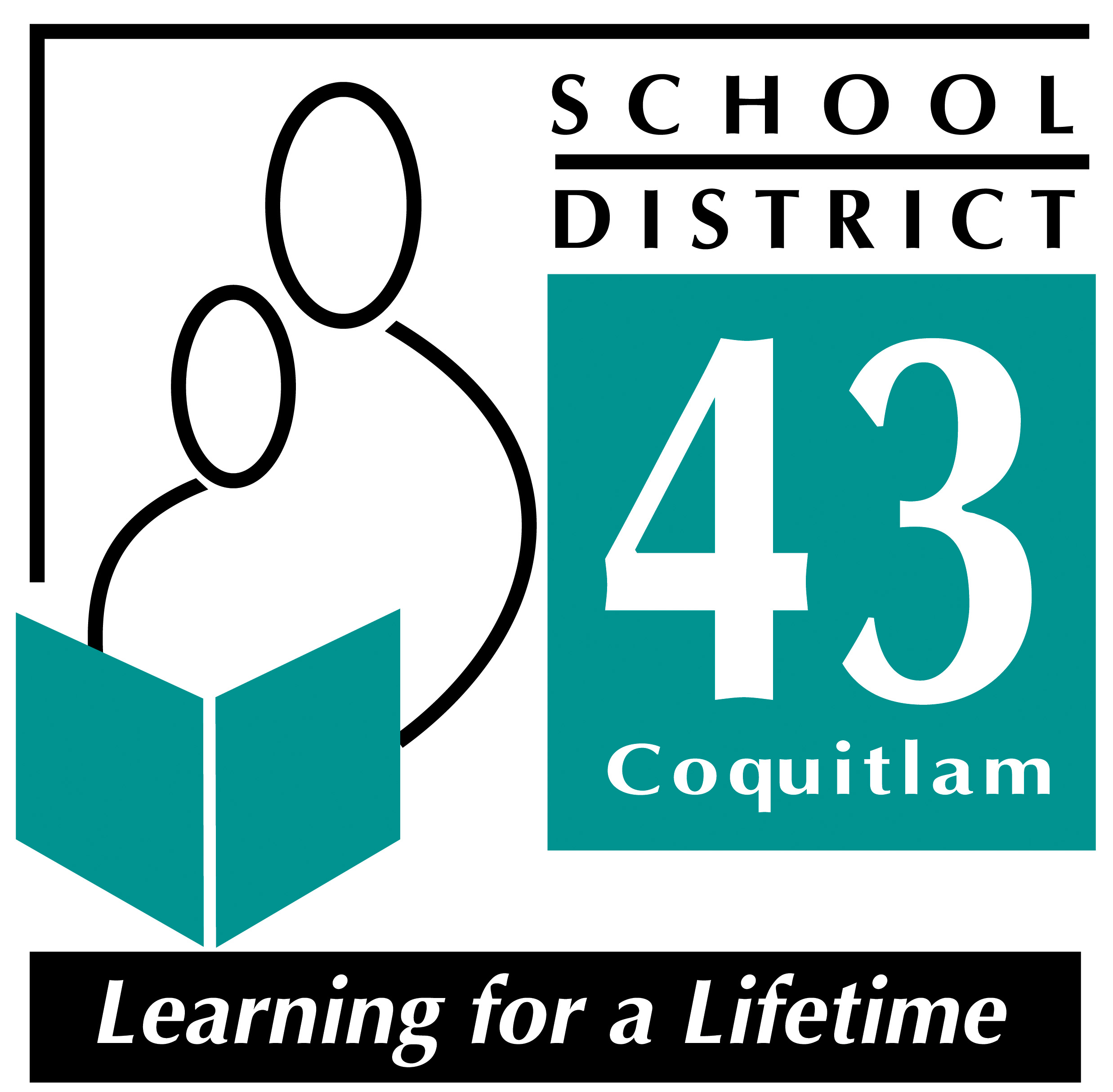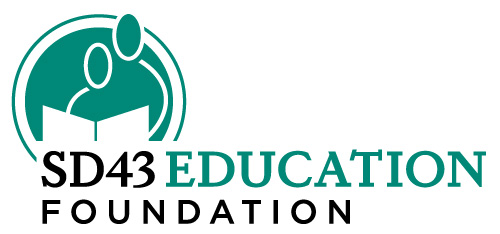The countdown is on to determine which SD43 science experiment will go to space!
Team proposals from grades 5-12 students attending more than 30 SD43 schools were initially reviewed. Proposals were shortlisted and further reviewed by a panel of experts with science, technology and proposal writing backgrounds from School District No. 43 (Coquitlam), Simon Fraser University, IBM Canada, and Microsoft Canada.
From there, several proposals were further shortlisted and discussed in depth by the panel to narrow it down to the final three which will be put forward to the Student Spaceflight Experiment Program (SSEP) and the National Center for Earth and Space Science Education (NCESSE) in Washington, DC. From those three, the final proposal will be selected that will blast off on a rocket heading to the International Space Station where the experiment will be conducted by astronauts. The data outcomes will be returned to the students for analysis.
Here are the three finalists:
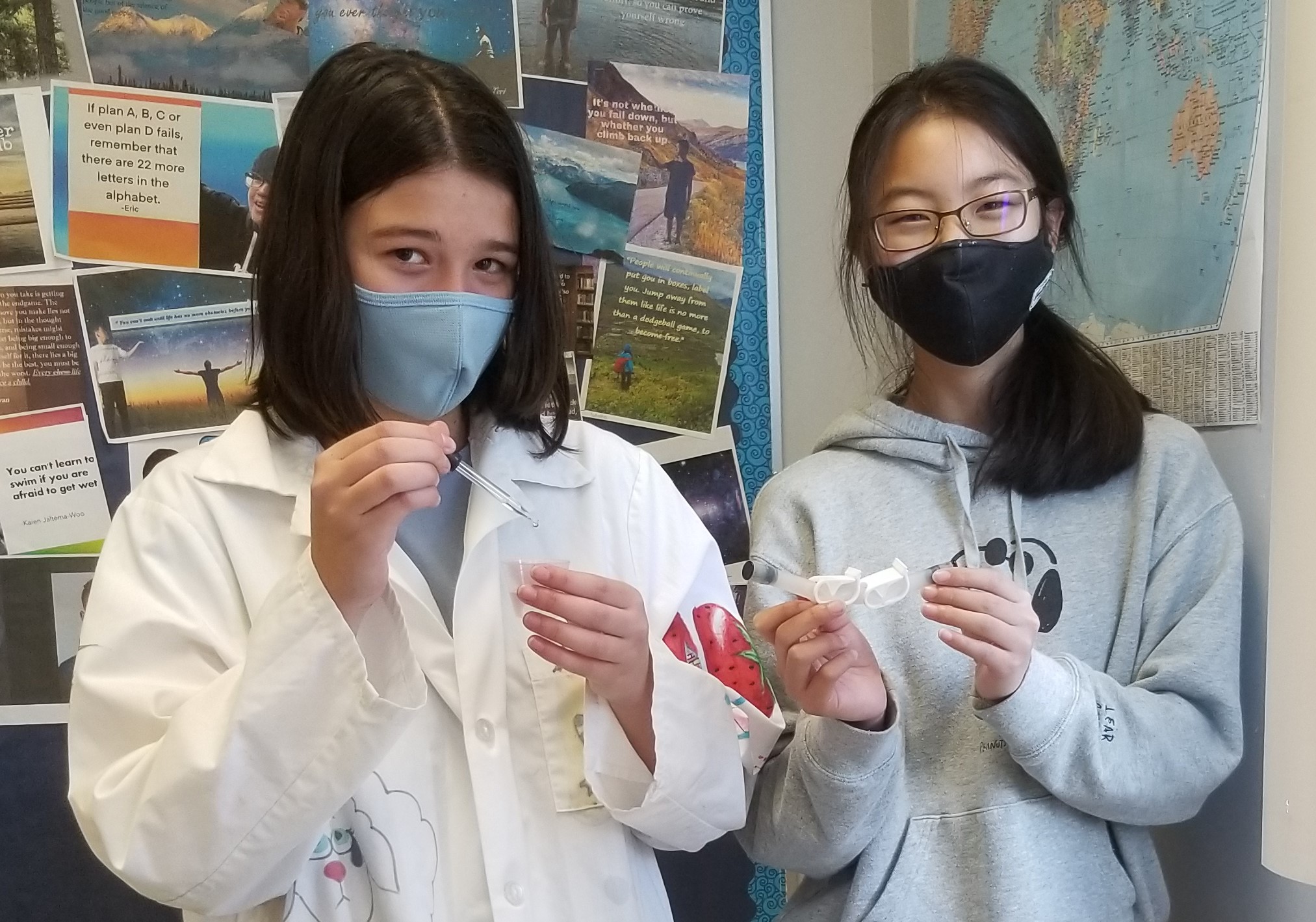
Marisa Bassetto and Selina Zhang (Gr 8 with teacher Patrick Ingelman at Hillcrest Middle School)
We want to find out if growing Bacillus subtilis in microgravity will be different from growing it on Earth. We will test that out by sending B subtilis on an agar slant to the ISS. We chose B subtilis because it is one of the most studied bacteria and it grows easily. By sending B subtilis into space and seeing if it grows properly, we can learn whether it can be used to help plants or food grow in space. We hypothesize that the bacteria will grow into multiple colonies just like it would on earth, however, we think that it will do it slower than it would on earth and/or mutate because of the harsher conditions.
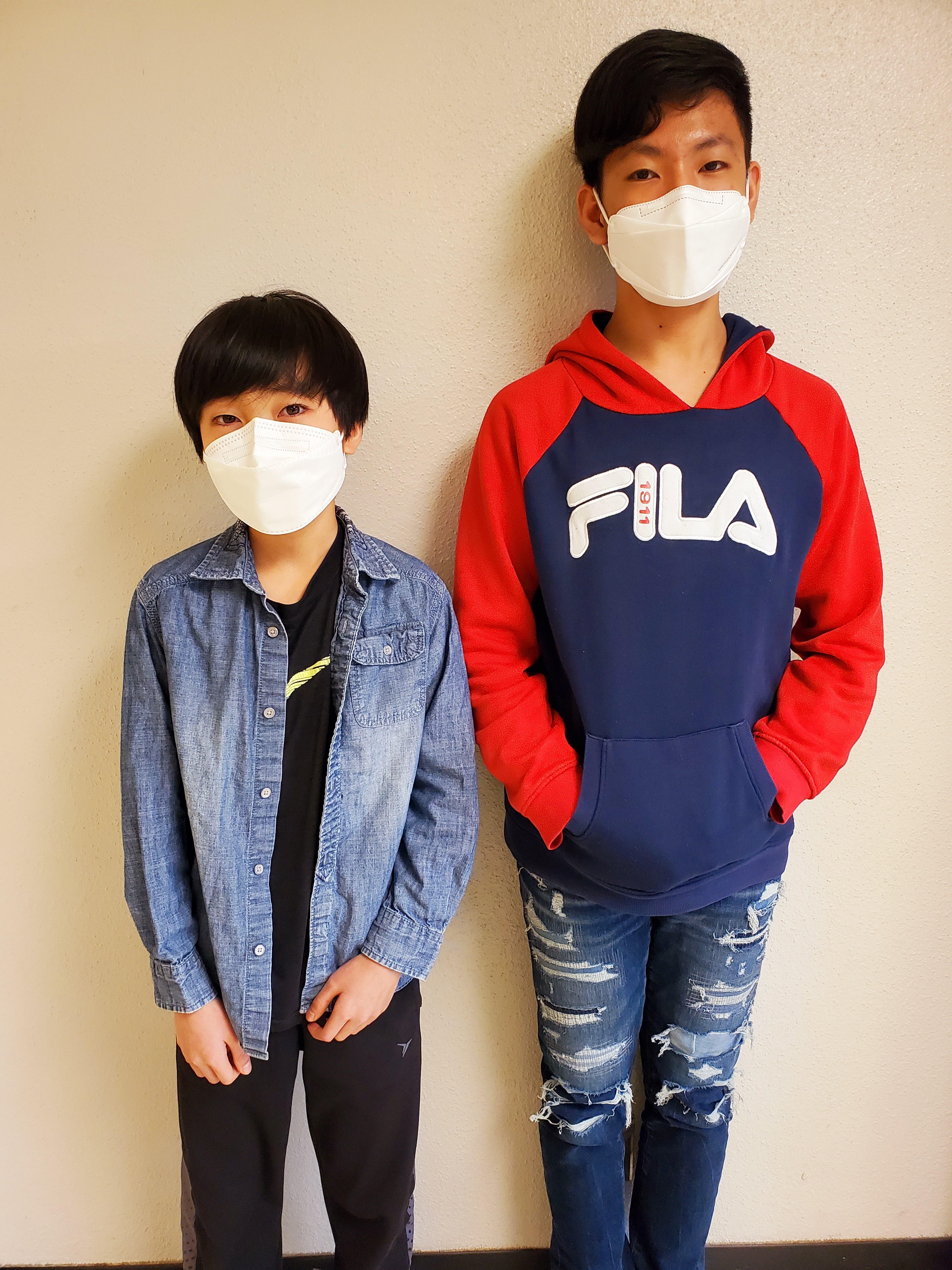
J.E. Lee and Yong Lee (Gr 9 with teacher Marina Mehai at Port Moody Secondary School)
Microorganisms have been found to react differently in microgravity conditions. Bacteria composing the human gut microbiome provide many benefits and affect the host both physiologically and psychologically. Metabolites (from gut bacteria), specifically butyrate, an SCFA have been linked to many health benefits from reduced inflammation to autophagy, which will be beneficial for the reduction in frequent rashes or hypersensitivity, and loss of muscular mass commonly experienced in space. Knowing if the production of these beneficial compounds changes can greatly affect the wellbeing of future astronauts in microgravity longterm. The investigation will look at the effect of microgravity in the production of short-chain fatty acids (SCFAs) by Lactobacillus casei (HA-108), Lactobacillus rhamnosus (HA-111), Lactobacillus acidophilus (HA-122), and Bifidobacterium longum (HA-135) in the fermentation of prebiotic fibers present in chia (Salvia hispanica) seeds.
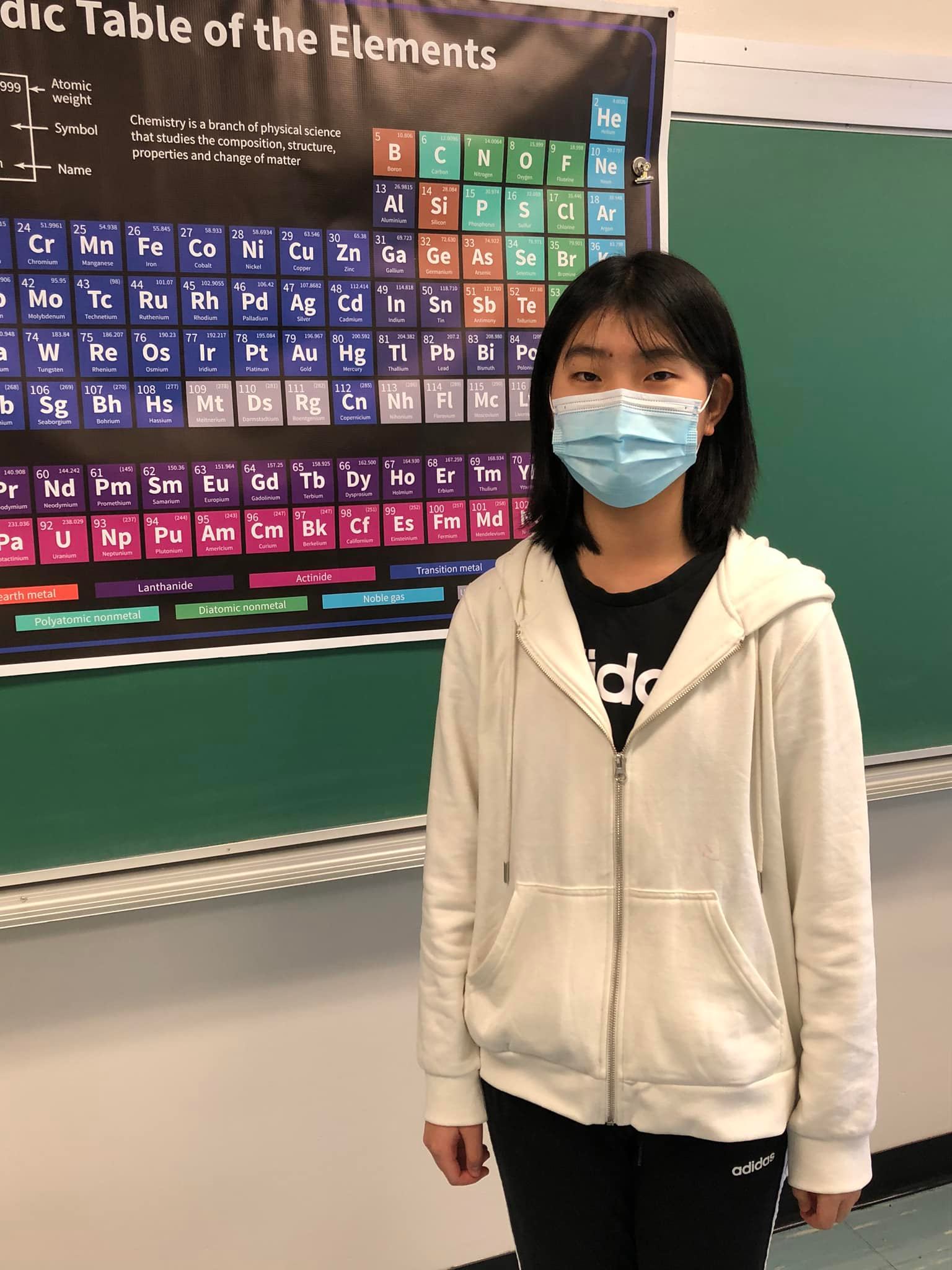
Jisong Han (Gr 10 with teacher Julia Hamilton at École Dr. Charles Best Secondary School)
In this experiment, buckwheat seeds will be sent up to space and water will initiate their germination process. Then, their germination process will be stopped with a fixative solution. After, the seeds will be compared to the control group that was raised on Earth. This investigation will provide data about the germination of buckwheat in microgravity which
could contribute to the acknowledgement of the potential merits that planting buckwheat offers to space exploration. Furthermore, the data gathered from this investigation will provide support for the current understanding of organization of cell division and tissue growth of a plant's root.
“The educational value of an opportunity such as this is immeasurable", said Superintendent Patricia Gartland, “The students that created and submitted proposals for consideration should be commended for their incredible work. The quality of the SSEP proposals received has been outstanding and we look forward to one of the three finalists' experiments being carried out in space"
School District 43 Board of Education Chair Kerri Palmer Isaak said, “Students and teachers have responded enthusiastically to this project and it has been such a tremendous boost to our STEAM program. As a board, we look forward to continuing to support student-focused projects in STEAM and are proud of the work submitted and the three finalist proposals. I sincerely hope that this project has fanned the flames of passion for ongoing science and space study for students across SD43".
“The SD43 Education Foundation is extremely proud to have funded this learning opportunity for students", said SD43 Education Foundation Board Chair Barb Hobson, “Exploring science, technology, engineering, art and math with the possibility of sending an experiment to space has been an exciting real-world experience for everyone involved".
Students across the district will now focus their attention on submitting mission patch designs. Once a final art design is selected, it will be made into an official mission patch and accompany the experiment into space and onto the International Space Station. This incredible opportunity is available to students across all grade levels and encourages creative thinking and practical application of design.
Congratulations to all participating students for their excellent proposals, commitment to the program, and effort in advancing their knowledge of science. Special congratulations to the top three finalists from which the final proposal will be selected.
